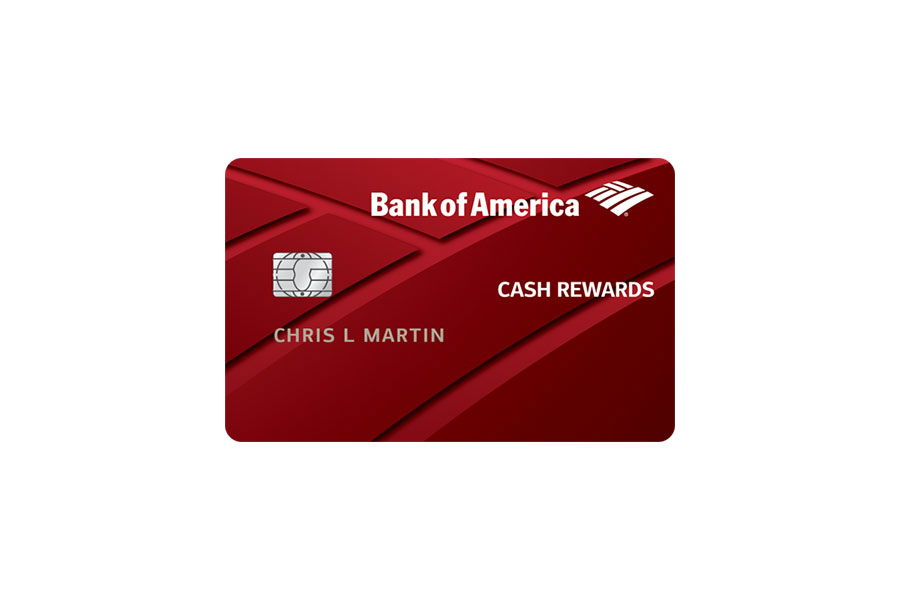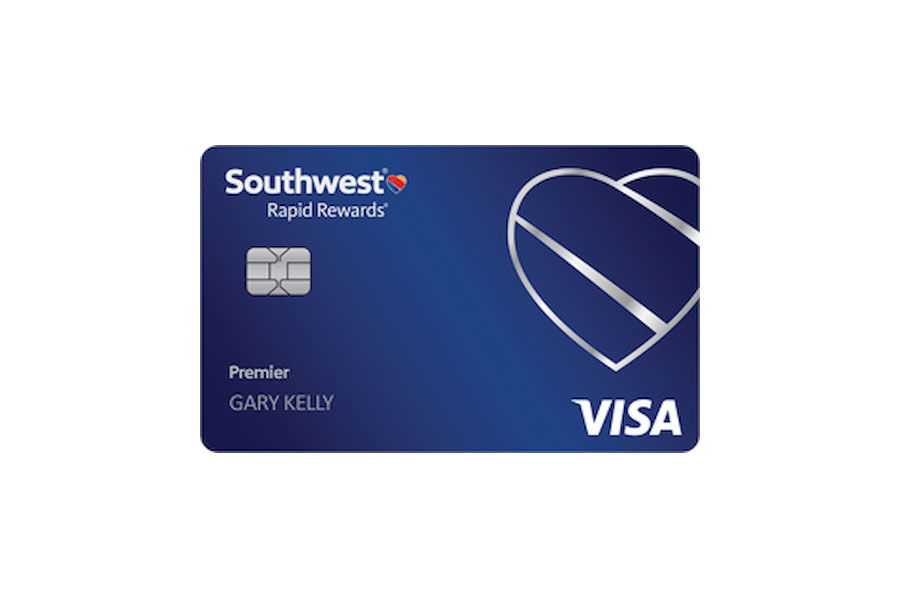Bank of America offers some strong credit card options—from cash back cards to premium travel perks. But before you apply, it’s important to know what kind of credit score you’ll need to qualify.
The short answer? Most Bank of America credit cards require a good to excellent credit score. But your credit score is only part of the picture. Bank of America also looks at your income, debts, and overall financial history when reviewing applications.
Let’s break it all down so you know what to expect—and how to give yourself the best shot at getting approved.

Credit Score Requirements for Bank of America Credit Cards
For most Bank of America credit cards, a credit score of 700 or higher is recommended. That’s generally considered “good” credit. If you’re aiming for a premium option—like the Bank of America® Premium Rewards® credit card—you’ll usually need a credit score of 750 or higher.
Some cards, like the Bank of America® Customized Cash Rewards or Travel Rewards credit cards, may accept applicants with scores closer to the 700 mark, depending on other factors.
Keep in mind: credit score requirements are just a guideline. Bank of America will look at your entire application—including income, debts, and past credit behavior—before making a decision.
Popular Bank of America Credit Cards and Their Requirements
Here’s a look at a few of Bank of America’s most popular credit cards and the general credit score range that applicants typically need:
- Bank of America® Customized Cash Rewards – Requires a credit score of 700 or higher
- Bank of America® Travel Rewards – Recommended credit score is 720 or higher
- Bank of America® Premium Rewards® – Best for those with a credit score of 750 or above
These credit cards offer rewards, flexible redemption options, and competitive benefits, but they’re geared toward people with solid credit histories.
How Bank of America Reviews Credit Card Applications
A strong credit score is important, but it’s not the only thing that matters. Bank of America takes a broader look at your financial situation before making a decision.
Here’s what they consider:
- Credit score: A higher credit score suggests responsible financial habits. Bank of America typically looks for scores of 700 or above.
- Income: Your income helps determine your ability to repay what you borrow. Higher income can boost your approval odds, especially when paired with low debt.
- Debt-to-income ratio: This compares how much debt you have to how much income you earn. A lower ratio means your debts are manageable relative to your earnings.
- Negative items on your credit report: Late payments, charge-offs, bankruptcies, and other negative marks can hurt your chances. The more recent they are, the more they matter.
- Residency and age: You must be a U.S. resident and at least 18 years old (or 21 in Puerto Rico) to apply.
- Identification: If you apply online, you’ll need a Social Security number. Other forms of ID may require an in-person application.
Bank of America’s 2/3/4 Rule for Applications
Bank of America limits how many credit card applications you can be approved for within certain timeframes. These limits are often referred to as the “2/3/4 rule”:
- 2 new cards in 30 days
- 3 new cards in 12 months
- 4 new cards in 24 months
For example, if you’re approved for two Bank of America credit cards this month, you’ll need to wait at least 30 days before applying for another one. And over the course of the year, you’ll only be allowed three total approvals.
Other Limits Based on Your Banking Relationship
Bank of America also looks at how many new credit cards you’ve opened from any issuer—not just their own:
- If you bank with them already: You usually need fewer than 7 new credit cards in the last 12 months.
- If you don’t bank with them: You’ll generally need fewer than 3 new credit cards in the past year.
These limits don’t typically apply to business credit cards.
How to Boost Your Chances of Getting Approved
Here are a few practical ways to improve your odds before you apply.
Check Your Credit Score and Credit Reports
Start by checking your credit score and reviewing all three credit reports. Make sure everything is accurate. Dispute any errors you find with the credit bureaus.
Build a Strong Payment History
Pay all your bills on time. This is one of the biggest factors in your credit score and shows that you’re reliable.
Keep Your Balances Low
Use less than 30% of your available credit. If your credit limit is $5,000, try to keep your balance below $1,500.
Limit New Applications
Too many credit card applications in a short period can make you look risky. Space them out—at least 6 months between applications is a safe bet.
Show Stable Income
List all of your income sources on your application. This could include your main job, side gigs, rental income, or anything else consistent.
Consider Banking With Them First
Opening a checking or savings account with Bank of America could help build trust, especially if you manage it well. This can sometimes improve your approval odds.
Explore Secured or Starter Options
If your credit score is low, consider starting with a secured credit card. Bank of America has one that lets you place a refundable deposit. Use it responsibly, and you may be able to upgrade to an unsecured card later on.
You could also consider applying with a cosigner, but keep in mind that both of you will be legally responsible for any charges on the credit card.
Want Help Improving Your Credit?
If your credit score needs work, you can take steps to improve it—like paying down balances, reviewing your credit reports for errors, and building a longer history of on-time payments.
You can also work with a credit repair company. Credit Saint helps people challenge negative items on their credit reports, including collections, charge-offs, and late payments. They even back their work with a 90-day money-back guarantee, so you can move forward with confidence.
Visit their website to learn more about how they can help.
Final Thoughts
Bank of America credit cards are geared toward people with good to excellent credit, but there’s more to the application than just your credit score. Income, debt, and account history all play a role.
By checking your credit, lowering your debts, and making smart financial moves, you can put yourself in a stronger position. And if your credit needs some help, there are ways to build it back up—whether on your own or with support.



